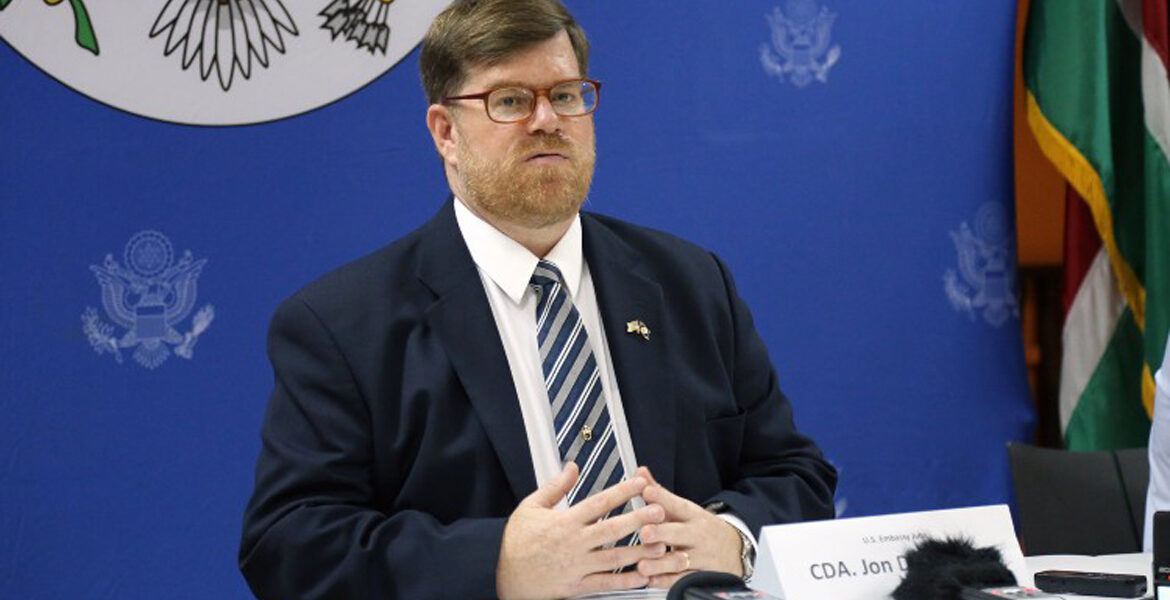This year, Father’s Day took on a new significance for me. Most importantly, this was the first time I was able to celebrate the holiday as a grandfather. Separately, my grandson’s birth had sparked an interest in genealogy, and I’ve been “spending” a great deal of time lately with my forefathers, learning about their stories. This has been a humbling experience and has me thinking more and more about my own legacy to my children and future generations. I suspect that others of my generation find themselves in a similar position, both looking back at those who came before them and looking ahead to the future that their children will inherit.
I am about the same age as Bangladesh, having been born just a few years before the country’s liberation struggle. I first went to Bangladesh in my early 20s and it was during this posting in Dhaka that my oldest child was born. I returned multiple times over the ensuing decades and saw changes in the country (and in myself) as we moved into middle age. Some of these changes were clearly for the better, but if I’m being honest, both Bangladesh and I also sometimes appeared worse for the wear. Over the years, I was privileged to make many friends in Dhaka who helped me to understand the country and its history, and I tried to use this knowledge to help colleagues in Washington understand events in Bangladesh.
As I continue try to understand what is happening in Bangladesh and think about what is likely to take place over the coming months, I find myself reflecting on the country’s past and the wisdom imparted by my Bangladeshi friends. I think about the failed experiment of a united Pakistan and the bravery of those who struggled for Bangladesh’s independence. I think about the pro-democracy movement in the late 1980s that led to the fall of the Ershad regime. I think about the hopes for democracy in the ensuing years and the failures of elected governments from both major parties over the subsequent decades. I think about the 2007-08 Caretaker period and the hopes for lasting reforms which ultimately proved illusory. And I think about the events of the past 15 years that have led us to the present day. Throughout, I think about the people I met who have played central roles in Bangladesh’s story as it has unfolded.
It is easy to look at this history and understand why there is such a lack of trust between individuals from across the country’s partisan landscape. It is also easy to understand the skepticism that exists about the role of outsiders in helping to bridge this divide. At times the situation feels hopeless. As in any family, there is ample ammunition for any individual member to use to justify their actions or criticize those of others. Families are messy.
Looking at my own family tree, I have learned to look at the individuals who have made their contributions (and who have made plenty of mistakes along the way) but also step back to marvel at the bigger story that has unfolded. This is particularly true when I turn the tree upside down and look at it from the perspective of my grandson, who is the repository of all the hopes and dreams of his ancestors. My hope for Bangladesh this Father’s Day is that those involved in shaping the country’s future will also think more about the legacy they want to leave to future generations. As I have learned, living with the past can be comforting, but there is nothing more important than holding the future in one’s arms.

